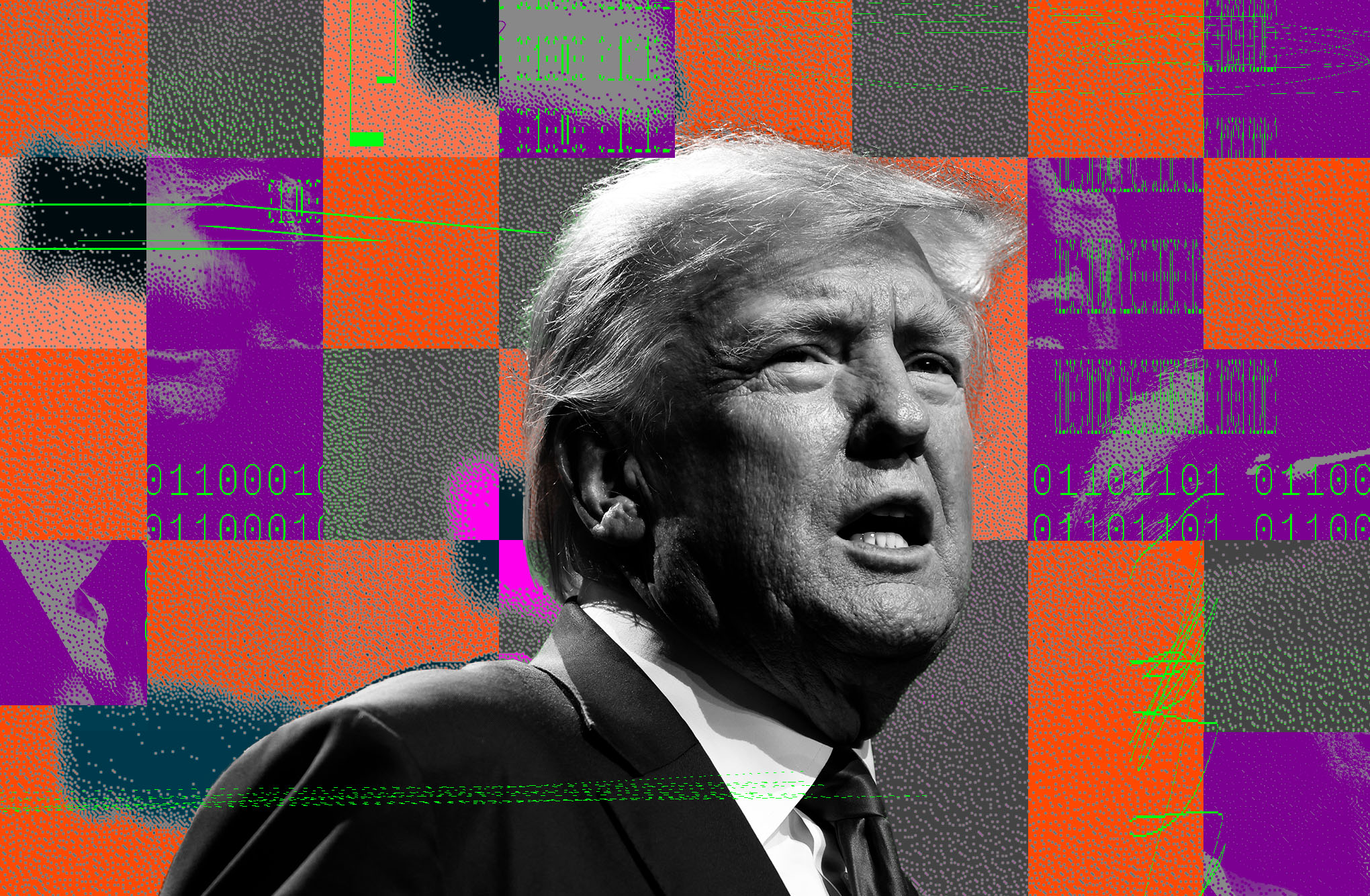“`html
Oregon National Guard Lawsuit: Examining the Legal Implications
The ongoing legal battle in Oregon regarding the deployment of the National Guard has garnered significant attention, particularly due to its implications for state-federal relations and the legal framework governing such actions. At the heart of this case is a lawsuit filed by the state of Oregon against the federal government, specifically targeting the decision to federalize 200 members of the Oregon National Guard for deployment to Portland. This case not only highlights the complexities of governance in a federal system but also raises critical questions about the balance of power between state and federal authorities.
The dispute escalated following a phone call between Oregon Governor Tina Kotek and former President Donald Trump. During this conversation, Governor Kotek expressed her concerns about the necessity of federal intervention in Portland, a sentiment that Trump found perplexing. Following this call, Defense Secretary Pete Hegseth issued a memorandum to federalize the National Guard, prompting Oregon to take legal action. The lawsuit centers around the interpretation of the legal provisions that govern the federalization of the National Guard, particularly under 10 U.S.C. § 12406.
This statute outlines three specific scenarios in which the President can call up the National Guard:
- In the event of an invasion by a foreign power.
- In cases of rebellion.
- When the President is unable to execute the laws of the United States with regular forces.
During a recent court hearing, the focus was primarily on the third prong of this statute. Judge Karin Immergut presided over the proceedings, during which the state of Oregon and the city of Portland argued for a temporary restraining order against the federal government’s actions. The state contended that the federal government’s justification for calling up the National Guard was not valid, asserting that the situation in Portland did not meet the legal thresholds for such an action.
Attorneys representing the Department of Justice (DOJ) put forth the argument that Portland was experiencing a form of organized resistance that warranted federal intervention. They described the protests at the Immigration and Customs Enforcement (ICE) facility in Southwest Portland as a serious threat, claiming that demonstrators had engaged in aggressive actions against federal agents. This assertion was met with skepticism from Oregon’s legal representatives, who argued that the DOJ’s claims were exaggerated and lacked a factual basis.
One of the most contentious points during the hearing was the reliance on social media posts made by Trump on Truth Social as a basis for justifying the federalization of the National Guard. The DOJ’s deputy assistant attorney general cited two specific posts from Trump as key evidence of the need for federal intervention. In these posts, Trump characterized Portland as a war zone and claimed that federal law enforcement was unable to maintain order. Oregon’s legal team challenged the validity of these posts, arguing that they represented a distorted perception of the situation on the ground. They emphasized that law enforcement agencies had reported no significant issues in the days leading up to the federalization decision, suggesting that the president’s view was not aligned with reality.
The lawsuit raises broader questions about the balance of power between state and federal authorities. The Posse Comitatus Act, which limits the ability of the federal government to use military forces for domestic law enforcement, plays a crucial role in this context. Established in 1878, the Act was designed to prevent the federal military from being used to enforce domestic laws without explicit authorization from Congress. The state of Oregon argues that federalizing the National Guard without just cause undermines state sovereignty and sets a concerning precedent for future federal interventions.
As the legal proceedings continue, the implications of this case extend beyond Oregon. It highlights the ongoing tensions between state and federal governance, especially in politically charged environments. The outcome of the lawsuit could have lasting effects on how the National Guard is utilized in domestic situations, particularly in response to civil unrest. Historically, the National Guard has been deployed in various instances, from natural disasters to civil rights protests, but the criteria for federalization remain a contentious issue.
Moreover, the case reflects a broader national conversation about the role of federal authorities in managing protests and civil disobedience. The events surrounding the protests in Portland have drawn parallels to similar situations in other cities, raising concerns about the potential for federal overreach and the militarization of law enforcement. In recent years, there has been an increasing trend of federal involvement in local law enforcement matters, particularly in politically sensitive situations. This trend has sparked debates about the appropriate limits of federal power and the potential consequences for civil liberties.
Legal experts are closely monitoring the proceedings, recognizing that the implications could resonate far beyond Oregon. The ruling will likely address not only the specific circumstances of this case but also the fundamental principles governing the use of the National Guard in domestic situations. Should the court side with Oregon, it may establish a precedent that reinforces state authority and limits federal intervention in local matters. Conversely, a ruling in favor of the federal government could embolden future administrations to act unilaterally in similar situations, potentially leading to a more militarized approach to domestic unrest.
In conclusion, the lawsuit filed by Oregon against the federal government regarding the deployment of the National Guard is a significant legal challenge that raises important questions about state sovereignty, federal authority, and the interpretation of existing laws. The outcome of this case could redefine the parameters within which the National Guard operates in response to civil unrest and set important precedents for the future of state-federal relations. As the court deliberates, the implications of this case will undoubtedly be felt across the nation, shaping the dynamics of governance and the balance of power in the years to come.
“`




